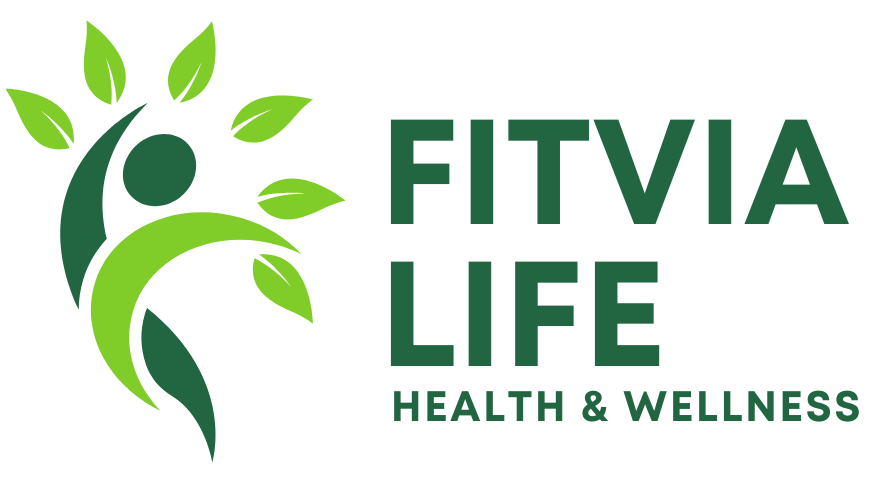The Power of Nutrition: Building Health from the Inside Out
In the fast-paced world of today, it’s easy to overlook the importance of what we put on our plates. Amidst the hustle of daily routines, nutrition often takes a backseat to convenience. Yet, nutrition is not just about eating to satisfy hunger—it’s about fueling the body, supporting mental well-being, preventing disease, and ultimately enhancing the quality of life.
Understanding Nutrition: More Than Just Calories
Nutrition refers to the process by which our bodies obtain and utilize food for growth, repair, and maintenance. It involves the intake of macronutrients—carbohydrates, proteins, and fats—and micronutrients like vitamins and minerals. While calories provide energy, the quality of those calories matters significantly.
For example, 200 calories from a sugary soda and 200 calories from a bowl of quinoa are vastly different in their nutritional impact. The former offers empty calories with no nutritional value, while the latter is rich in fiber, protein, and essential nutrients.
The Building Blocks of a Healthy Diet
A balanced diet comprises various food groups in appropriate proportions. Here’s a breakdown of the essential components:
Carbohydrates: The primary source of energy, especially for the brain and muscles. Choose complex carbs such as whole grains, fruits, and vegetables over refined sugars.
Proteins: Crucial for building and repairing tissues. Opt for lean sources like fish, poultry, legumes, and tofu.
Fats: Necessary for brain function, hormone production, and absorption of fat-soluble vitamins. Healthy fats from nuts, seeds, olive oil, and avocados should be prioritized over trans and saturated fats.
Vitamins and Minerals: Micronutrients such as Vitamin D, calcium, iron, and magnesium are vital for immunity, bone health, and cellular function. These are best obtained through a varied diet rich in fruits, vegetables, and whole foods.
Water: Often underestimated, water is essential for nearly every bodily function, from digestion to temperature regulation.
Nutrition and Chronic Disease Prevention
A well-balanced diet can be a powerful tool in preventing chronic illnesses. Conditions like type 2 diabetes, heart disease, obesity, and certain cancers are often linked to poor dietary habits. By choosing nutrient-dense foods over processed ones, individuals can significantly lower their risk.
For example, the Mediterranean diet—rich in fruits, vegetables, whole grains, nuts, and healthy fats—has been shown to reduce the risk of cardiovascular disease and improve overall longevity.
Mental Health and Nutrition
The gut and the brain are more connected than we once thought. The gut microbiome, influenced heavily by our diet, plays a key role in mood regulation and cognitive function. Nutrients like omega-3 fatty acids, B-vitamins, and probiotics can positively affect mental health, reducing symptoms of anxiety and depression.
Practical Tips for Better Nutrition
Plan Your Meals: Meal planning helps reduce impulsive eating and ensures balanced meals throughout the week.
Read Food Labels: Understanding what’s in your food can help you make healthier choices.
Limit Processed Foods: These often contain added sugars, unhealthy fats, and preservatives.
Practice Portion Control: Even healthy foods can lead to weight gain if consumed in large amounts.
Stay Hydrated: Sometimes thirst is mistaken for hunger, leading to unnecessary snacking.
The Future of Nutrition
With advancements in nutritional science and personalized medicine, we’re entering an era where diets can be tailored based on genetic profiles, gut health, and individual lifestyles. This precision approach promises better health outcomes and a deeper understanding of how food influences our well-being.
Conclusion
Nutrition is not just a lifestyle choice—it’s a lifelong commitment to health. By prioritizing nutrient-rich foods and mindful eating habits, we can nourish our bodies, protect our minds, and pave the way for a vibrant, energetic life. In a world full of dietary trends and quick fixes, the timeless principle remains true: food is the foundation of health.


